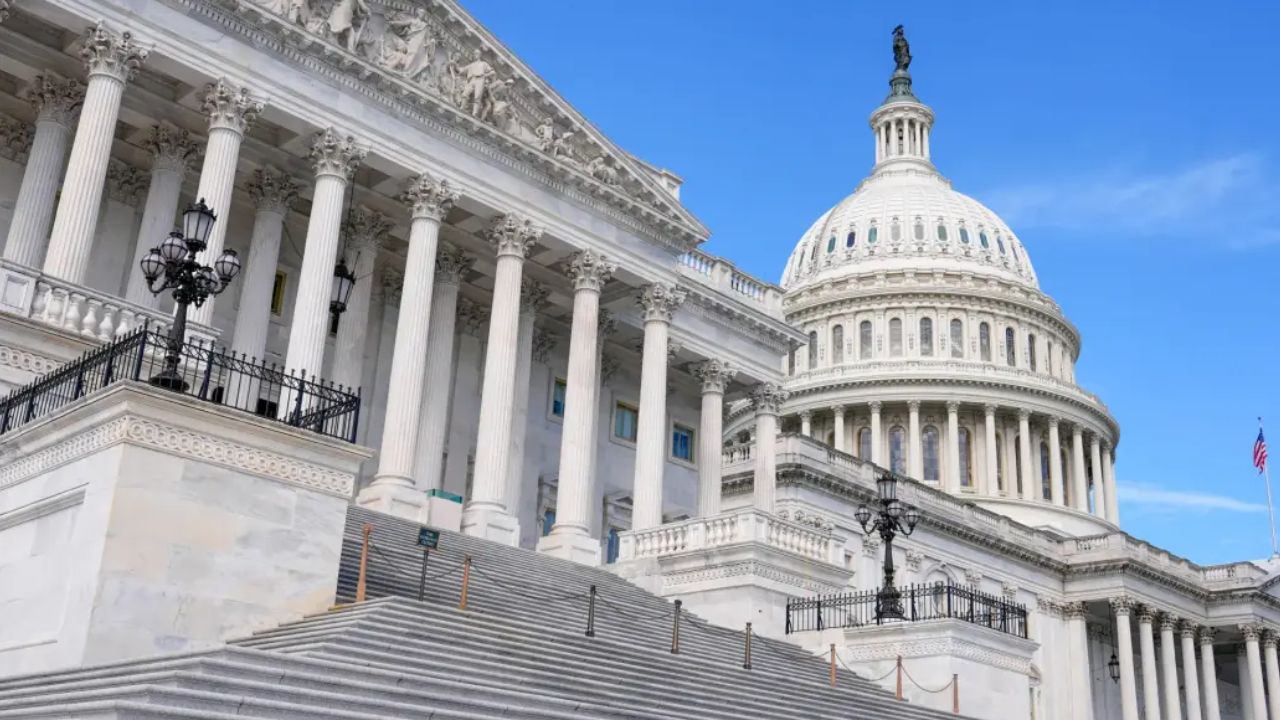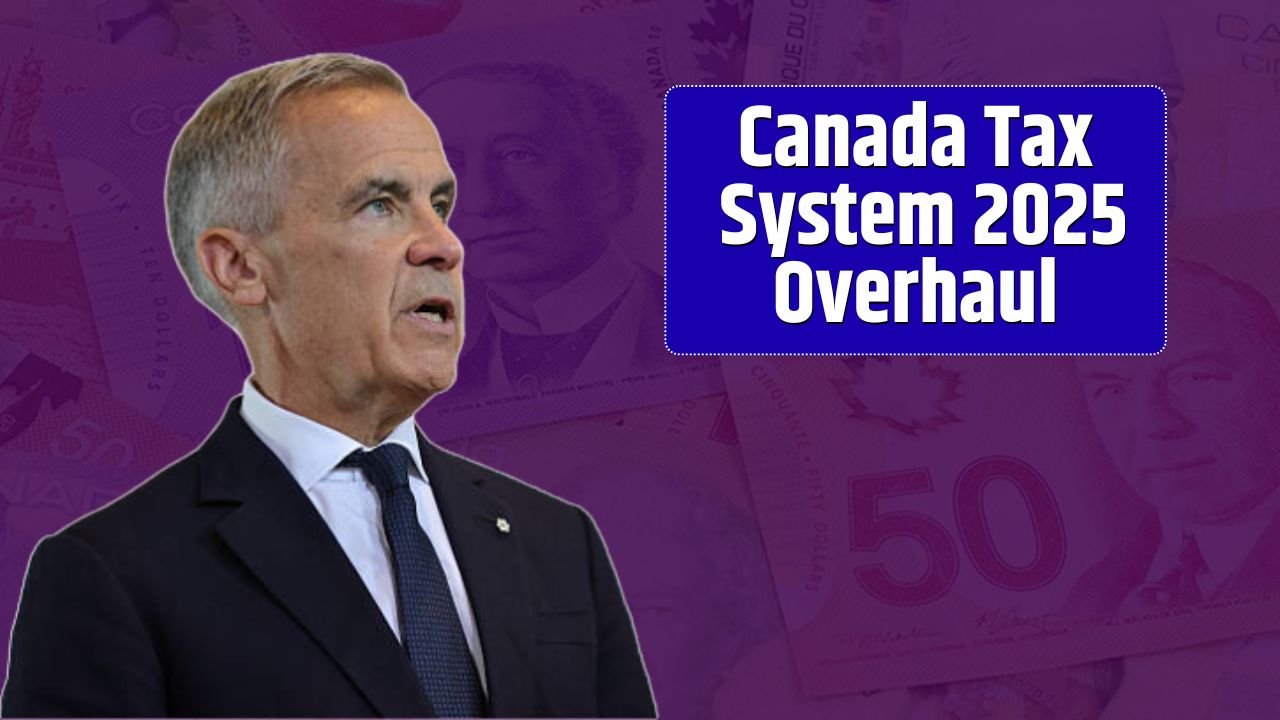It’s official: Washington has reopened one of the most controversial debates in American politics — raising the retirement age again. The idea that millions might have to work until 70 (or even 72) before claiming full Social Security benefits isn’t just a rumor anymore; it’s now a real proposal circulating on Capitol Hill. Lawmakers say it’s about “saving the system.” Workers say it’s about moving the goalposts yet again.
Why the Push to Delay Retirement
Let’s start with the cold math. The Social Security trust fund, which covers the shortfall between what’s collected and what’s paid out, is depleting fast. The latest projections from the Social Security Administration (SSA) and the Congressional Budget Office show that if nothing changes, the reserves could run dry by 2031. After that, incoming payroll taxes would only cover around 77% of scheduled benefits.
In other words: the system would still exist, but retirees would automatically see smaller checks.
Raising the retirement age is the government’s way of stretching what’s left — fewer people collecting for fewer years, and more people contributing for longer. It’s what some call a “technical adjustment,” but what workers rightly see as a delayed reward for a lifetime of labor.
Who Loses the Most
Not everyone would feel the hit the same way. The move would disproportionately hurt people in physically demanding jobs — construction workers, nurses, warehouse staff, delivery drivers — folks whose bodies wear out long before 70. For them, retiring early isn’t a luxury; it’s a necessity.
If the age is raised again, anyone forced to claim benefits early (say, at 62 or 63) would face even steeper reductions. The Social Security formula penalizes early retirement, and the higher the Full Retirement Age (FRA), the harsher those cuts become.
Meanwhile, white-collar workers — who can push papers or attend Zoom meetings well into their seventies — would barely blink. Once again, it’s a policy that lands hardest on the working class, not the privileged.
Political Divide: Realism or Betrayal?
Inside Washington, this debate has split lawmakers down the middle. Fiscal conservatives call the proposal “fiscally responsible,” arguing that demographics have changed — people are living longer, and the system can’t sustain the same payout timeline forever.
But progressives and retiree advocacy groups like the National Committee to Preserve Social Security and Medicare see it differently. They argue raising the age is just a benefit cut in disguise — forcing Americans to work longer or accept less, without ever admitting it’s a reduction.
Senator Bernie Sanders, for instance, has been vocal about alternative solutions: “Don’t raise the retirement age. Raise the cap.”
Raise Taxes or Cut Benefits — the Eternal Dilemma
So what are the options on the table? Lawmakers essentially have three levers to pull:
| Option | What It Means | Who It Hits |
|---|---|---|
| Raise the retirement age | Delays eligibility and reduces lifetime payouts | Working-class Americans, especially in physical jobs |
| Cut future benefits | Smaller checks or slower cost-of-living adjustments | Current and future retirees |
| Raise taxes on high earners | Lift or remove the income cap ($168,600 in 2025) so the wealthy pay more | High-income earners and employers |
That last option — lifting the payroll tax cap — is gaining traction among Democrats and economists. Currently, anyone earning above $168,600 doesn’t pay Social Security tax on income beyond that point. Removing or extending that cap could bring in billions more annually, extending the program’s solvency without touching the retirement age.
But, as always, there’s political resistance. Wealthy donors and business groups oppose any tax hikes, preferring “structural adjustments” — a euphemism for making everyone else wait longer to retire.
The Generational Burden
For younger generations — millennials and Gen Z — this feels like another broken promise. They’ve already endured economic recessions, housing crises, student debt, and record inflation. Now they’re being told they might have to work ten years longer to receive benefits that may not even fully exist by the time they qualify.
It’s no wonder there’s frustration online, with one viral post summing it up bluntly: “We’ll pay for everyone’s retirement — except our own.”
What Happens Next
At this stage, nothing is final. The retirement-age proposal is still in discussion, and no specific new age has been confirmed. The leading ideas floating in committees suggest pushing the Full Retirement Age from 67 to 69 or 70 gradually over the next two decades.
According to insiders at the House Ways and Means Committee, lawmakers will spend the next few months debating whether to include the change in the broader Social Security reform package expected in early 2026.
Until then, expect heavy lobbying from both sides — Wall Street analysts calling it “inevitable,” and advocacy groups calling it “immoral.”
The Larger Question: Fairness
There’s a deeper issue buried beneath all this policy talk — a moral one. Social Security was never meant to be a privilege; it was a social contract. The understanding was simple: work hard, contribute, and you’ll be supported in retirement.
Raising the age again chips away at that promise. It tells Americans their years of labor are worth less, that longevity is a liability, not an achievement.
And for many, it feels like the final straw in a system that’s been asking workers to give more, wait longer, and settle for less.
FAQs:
Has the retirement age officially changed?
No. The current Full Retirement Age (FRA) remains 67 for those born in 1960 or later.
Why is Congress considering raising it?
Because the Social Security trust fund is projected to run out around 2031, leaving the program short on funds to pay full benefits.
What other options are being discussed?
Raising or removing the payroll tax cap, adjusting cost-of-living increases, or introducing new revenue streams.






















